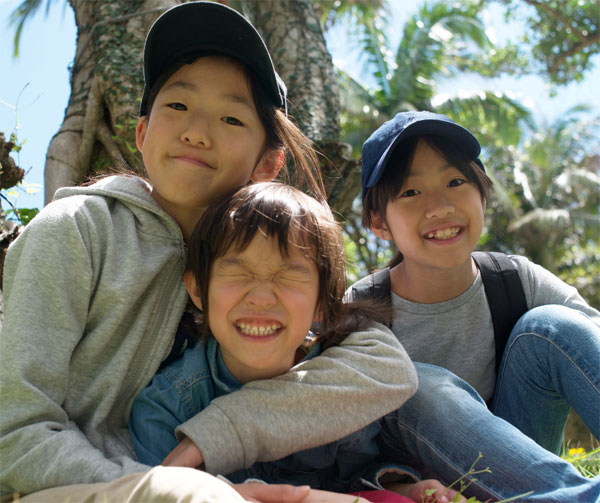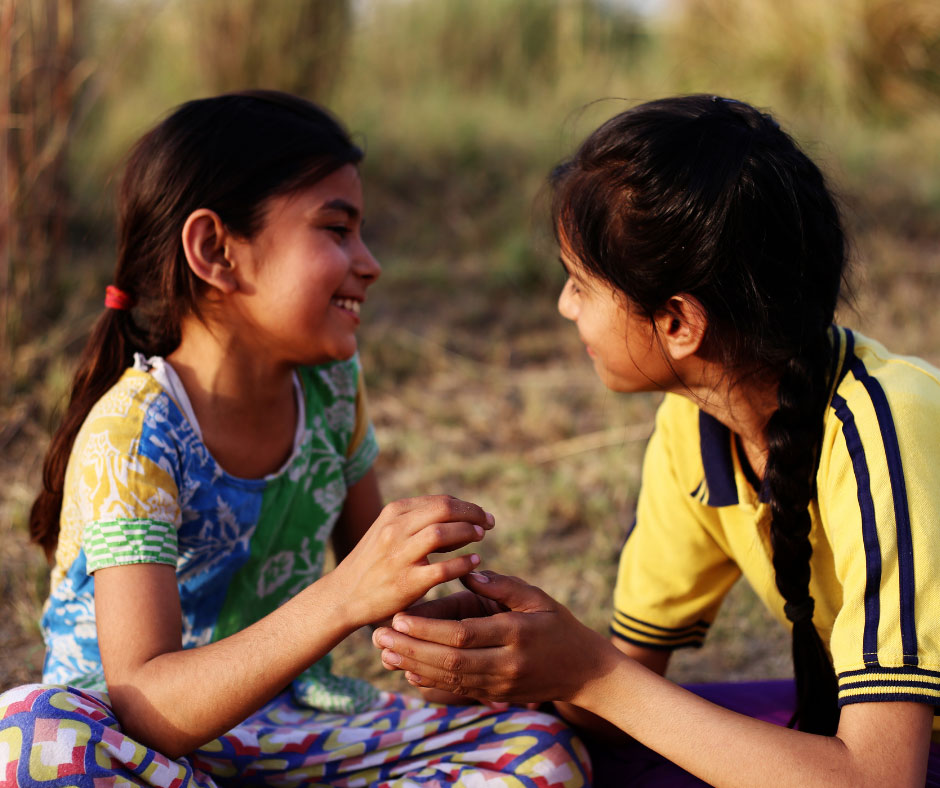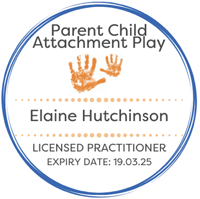According to the National Trust, children now spend half the time playing outdoors than their parents did, averaging just over four hours a week.
There are many studies showing the real benefits of outdoor play that many children are missing out on.
The benefits of outdoor play include:
- Physical benefits
- Social benefits
- Emotional benefits
- Intellectual benefits
16 benefits of getting outside to play
- Improved motor skills – children that play outside have more advanced motor skills than children who simply play indoors and are often better coordinated.
- Reduced risk of being short sighted – myopia is in part inherited, but time spent outdoors gives children a break from ‘close work’ and ‘close work’ increases the risk of short-sightedness.
- Lower BMI - Children who play outdoors are less likely to be overweight or obese.
- Improved overall health and muscle strength - playing outdoors benefits mood, cardiovascular health, immune systems and muscle systems amongst many other benefits. Playing outside, even on a cloudy day, also gives children exposure to sunlight which increases their levels of vitamin D – a key component to helping the body fight Covid-19. Bright light has also been found to help children concentrate by improving synapse development in the brain.
- Improved sleep patterns – children who play outside often have better circadian rhythms than children who play inside as they are exposed to naturally changing light levels throughout the day.
- Increased communication with parents, caregivers and other adults – often children are more willing to open up and communicate more openly outdoors.
- Improved reasoning and observation skills – children show a greater awareness of the space they are in and ‘cause and effect’ when playing outdoors.
- Improved self-awareness and peer-to-peer relationships – playing outside increases a child’s awareness of their own feelings and their appreciation of the feelings of others. Children who play outdoors are also less likely to bully other children.
- Increased sensory awareness – children who play outside are more in tune with all their senses than children who play inside on screens where sight and hearing are the main senses used.
 Developed sense of independence – playing outside helps children increase their sense of independence and learn about taking limited risk.
Developed sense of independence – playing outside helps children increase their sense of independence and learn about taking limited risk.- Improved executive brain function – as well as developing a sense of autonomy, children who play outside learn about rules and their importance as well as organisational and decision-making skills.
- Increased communication skills – children playing outdoors often meet other children and develop friendships with them: negotiating the play and learning to play with children who are different to them are key skills.
- Expanded skills – children who play outdoors learn new information and skills along with their play which embed classroom learning, such as counting to keep score. Children also learn new words and concepts when playing outdoors.
- Improved mental health – there are special psychological benefits to playing outdoors including the ability to concentrate better and increased resilience to stress and stressful situations. Taking risks whilst playing e.g. leaping from a tree or taking chances has been found to function as a ‘anti-phobia’ therapy: children learn they can cope with frightening situations.
- Decreased behavioural problems and emotional problems – children who play outside may have a reduced risk to developing some behavioural problems and attention deficits as well as a lower risk of developing emotional difficulties.
- Increased appreciation of nature – children who play outside and have positive experiences with nature are found to appreciate wildlife and support conservation more than their inside-playing peers.
How long outside each day is needed?
A few moments – even glancing out of a window at green space has been shown to help the brain restore attention and reduce fatigue.
Five minutes – just five minutes sitting in nature has been found to increase positive emotions.
Seventeen minutes – Seventeen minutes a day or 120 minutes a week in nature leads to people reporting better health and higher levels of psychological well-being.
Twenty minutes – twenty minutes a day in green space improves happiness and wellbeing even if you aren’t exercising and will cause levels of cortisol (a stress hormone) in your body to drop.
One hour a day – the recommended amount of time for unstructured play outside according to the UK Wildlife Trusts, the Institute of Education at UCL and the National Wildlife Federation.
Three hours a day – as recommended by ‘1000 Hours Outside’ which aims to match the average child’s media consumption of around 1200 hours a year.
If you have any questions, please feel free to drop me an email:






